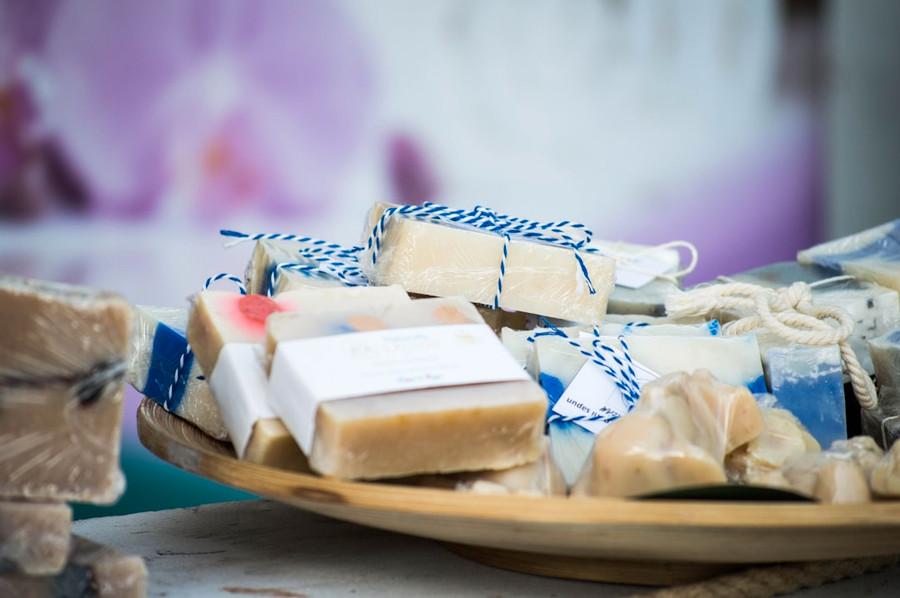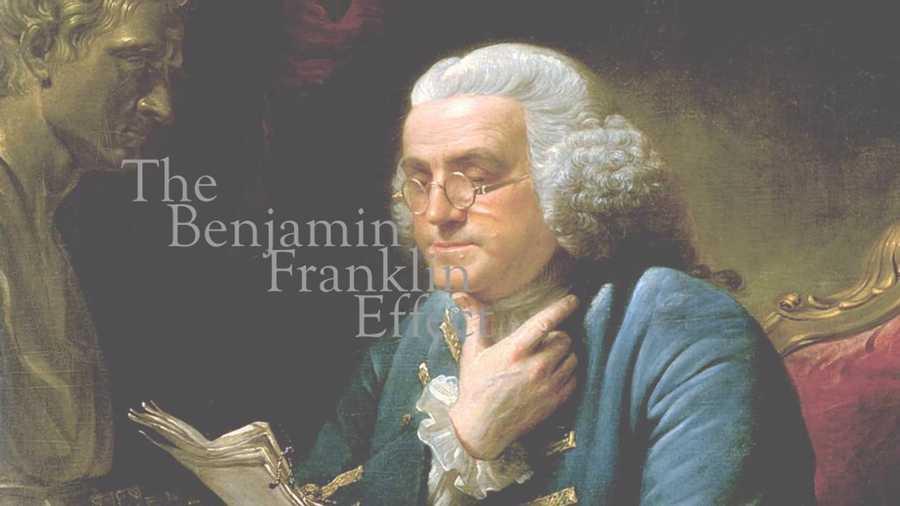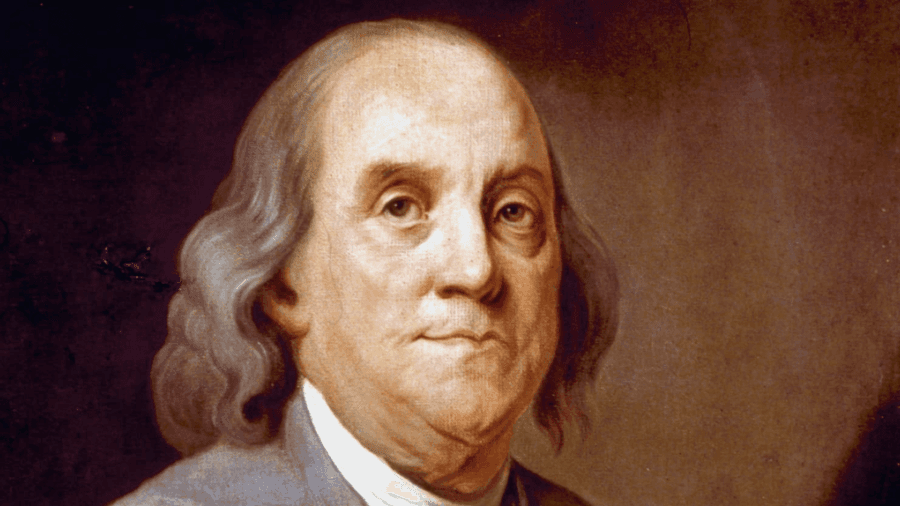Ben Franklin Effect
Doing a favor for someone else makes us more likely to do more versus returning a favor they did for us.
Example: You didn’t like Brad at first, but after he asked for your advice, you've been looking for more ways to help him.
204
758 reads
CURATED FROM
IDEAS CURATED BY
This is the second part of 50 cognitive biases, as tweeted by Elon Musk. These are a must read for understanding human behaviour, including our own.
“
The idea is part of this collection:
Learn more about problemsolving with this collection
How to overcome fear of rejection
How to embrace vulnerability
Why vulnerability is important for personal growth
Related collections
Similar ideas to Ben Franklin Effect
The Ben Franklin Effect
It happens when asking someone for a favor makes them like you more.
This is believed to work because our brains try to solve the dissonance between helping someone and not being interested in their well-being by liking them.
The Benjamin Franklin effect
Is a psychological phenomenon that causes us to like someone more after we do that person a favor: We justify our actions to ourselves, that we did them a favor because we liked them.
But the reverse effect is also true - we come to hate our victims, which helps to...
Use the Ben Franklin effect - Ask a favor
The Benjamin Franklin effect is a psychological phenomenon that causes us to like someone more after we do that person a favor.
So asking for help is one of the best things you could do to be perceived as an influential person.
Read & Learn
20x Faster
without
deepstash
with
deepstash
with
deepstash
Personalized microlearning
—
100+ Learning Journeys
—
Access to 200,000+ ideas
—
Access to the mobile app
—
Unlimited idea saving
—
—
Unlimited history
—
—
Unlimited listening to ideas
—
—
Downloading & offline access
—
—
Supercharge your mind with one idea per day
Enter your email and spend 1 minute every day to learn something new.
I agree to receive email updates


